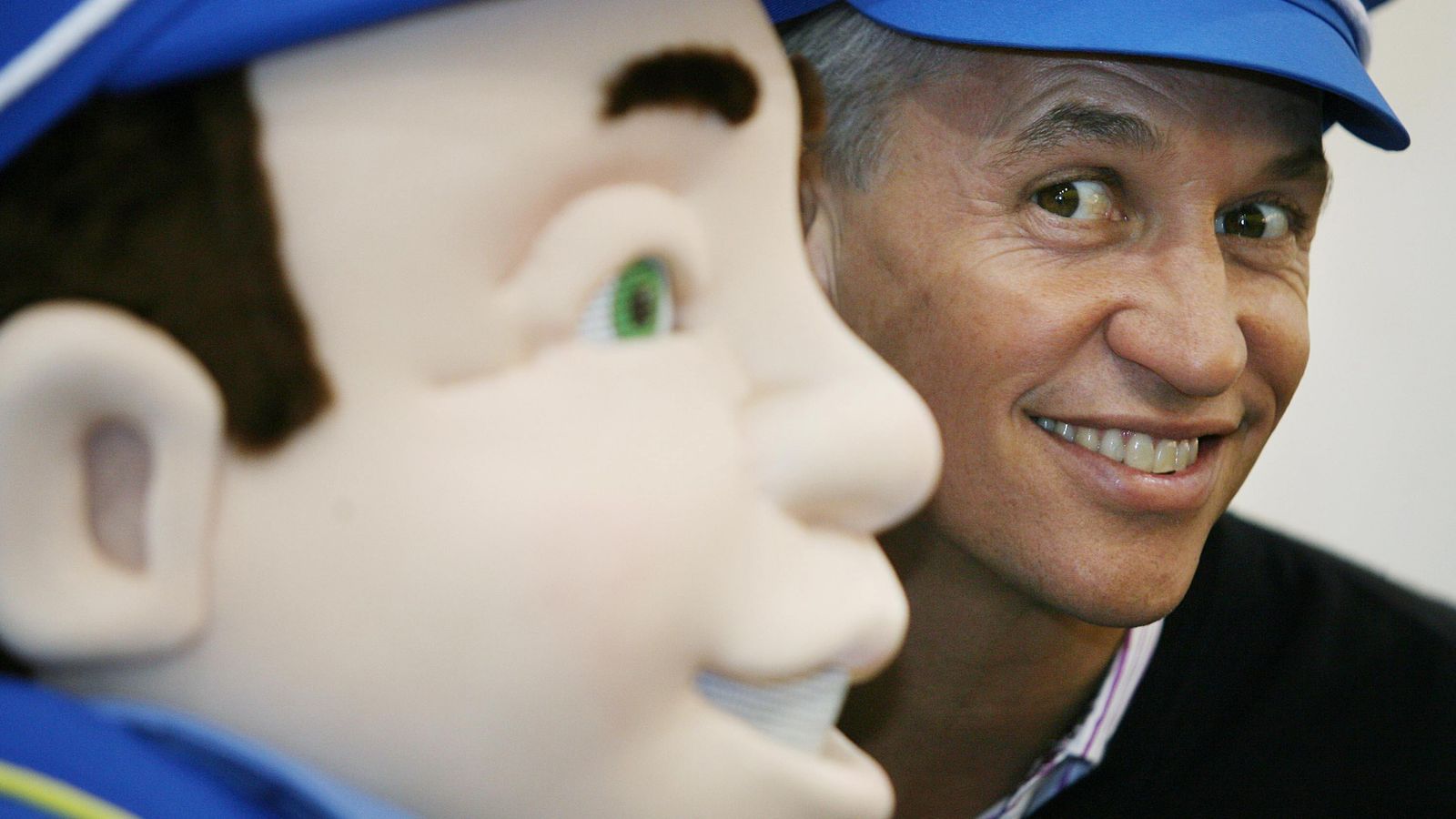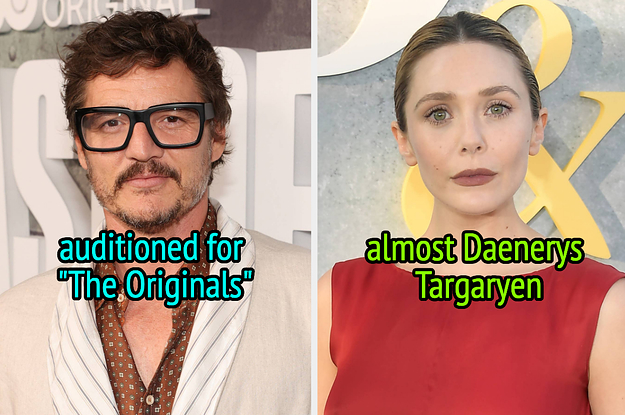Shockwaves following Gary Lineker’s removal from Match of the Day over his tweet criticising the government have seen a host of BBC football shows taken off air as the broadcaster struggles to find presenters and pundits willing to appear.
It’s not the first time a tweet from the outspoken former England footballer has caused a stir, this time in response to the government’s new small boats policy.
So how did the son of a greengrocer go from scoring goals to selling crisps to causing a meltdown at the BBC?
BBC accused of ‘assault on free speech’ – Gary Lineker latest updates
Born in Leicester in 1960 and partially named after Winston Churchill (his middle name is Winston, and the pair share a birthday), Lineker was keen on football from a young age.
Too keen, in the eyes of one of his schoolteachers, apparently. Lineker once recalled how his last report said he “concentrates far too much on football” and “he’ll never make a living at that”.
After leaving school in 1977, Lineker turned professional in the 1978-79 season and made his senior debut for Leicester City on New Year’s Day 1979.
Gary Lineker row: Final Score and Football Focus hosts pull out – as Mark Chapman won’t present BBC 5 Live
The BBC’s guidelines on impartiality explained – and do they apply to Gary Lineker?
Gary Lineker’s status on Match of the Day is now being debated more than the government’s migration policy that sparked the row
His breakthrough came in the 1981-82 season when he scored 19 goals in 47 appearances. Leicester went on to win Division Two the following season and were promoted to Division One.
By now Lineker was a star on the rise, making his full England debut in 1984 and being signed by Everton for £800,000 the following year.
Please use Chrome browser for a more accessible video player
After a magnificent season for the Toffees in which he scored 30 goals, and winning the Golden Boot at the 1986 World Cup, Lineker was sold to Barcelona for a then-huge sum of £2.8m.
He won the Spanish Cup with Barcelona in 1988 before heading back to England to join Tottenham Hotspur, with whom he won the FA Cup in 1991.
Lineker finished his international career as England’s second all-time top scorer with 48 goals, one behind Sir Bobby Charlton.
Please use Chrome browser for a more accessible video player
After a distinguished playing career, he retired from football in 1994 as one of the very few players never to have received a yellow card or a red card.
As a popular former England footballer it is perhaps no surprise that Lineker made a seamless transition from scoring goals to talking about goal scoring, taking the helm of the BBC’s Match of the Day programme.
The year 1994 was also crunch-time for Lineker as he signed a £200,000 deal to appear in TV commercials for Walkers crisps, for whom he would become a well-known face.
In his personal life Lineker has four sons with his first wife Michelle Cockayne – the pair were married between 1986 and 2006.
His eldest son George was treated for a rare form of leukaemia when he was a baby and Lineker has since supported children’s cancer charity CLIC Sargent.
In recent years it has perhaps been Lineker’s political views – in particular his posts on Twitter – that have drawn him the most controversy.
He has been unafraid to criticise the Conservative government online. This has sometimes created tension with the BBC, whose news journalists are covered by strict impartiality rules. Lineker, of course, does not work in current affairs.
The latest row began on Tuesday when Lineker tweeted his thoughts on the government’s new policy to stem the flow of small boats crossing the Channel.
He compared the language used by the government to that used in 1930s Germany, when the Nazis came to power.








